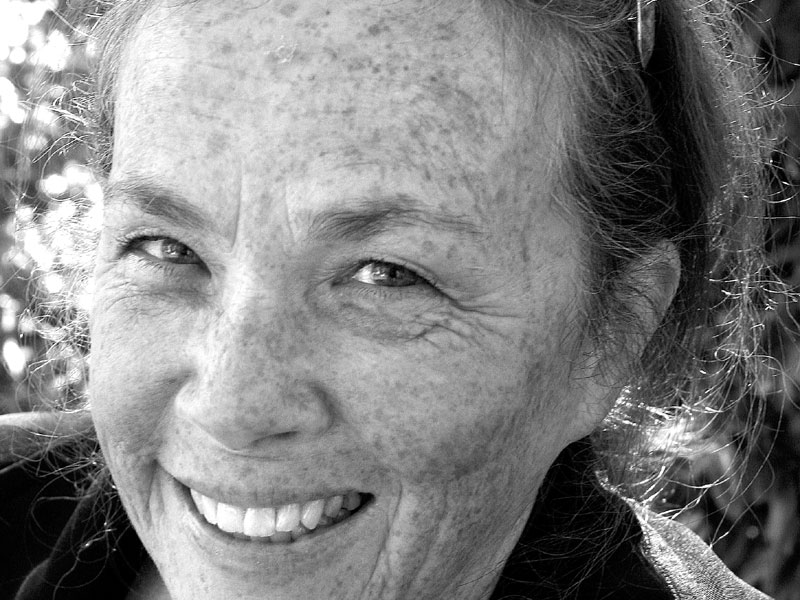Columnists
Unfiltered

I don’t have internal dialogue. I was born this way. I’m filter-free. It’s a condition that looks like a spot of fun, on a little poster or bumpersticker, but we all know the trouble I’ve seen because of it. The very first time I heard the words Black Lives Matter (BLM) I thought, and then asked out loud, “Don’t all lives matter?” Of course, I didn’t have a filter on, nor did I know the context of the Black Lives Matter movement. It was an unoriginal, thoughtless comeback. I was part of a pack of people who spoke those words. I, who would be the first to admonish anyone who questioned the need for International Women’s Day, had opened my big mouth and my ignorance spilled out.
I was a teen in the sixties. By the time I was old enough to see a difference in skin colour, my life had been altered by people who were hell-bent on insisting the difference was more than skin deep. I didn’t know what to think, really. It was a scary time for everyone, but most especially for blacks. Civil rights paid lip service to black people. As the sixties rolled along, I soon figured out that everyone was created equal, except black people. In my heart, I knew something was wrong and often questioned my parents and my teachers about “why blacks are an exception.” But at that time, the whole world saw on television, and in print, what happened to people who didn’t know their place, along with those people who supported desegregation, the end to disenfranchisement—the end to exploitation, oppression and violence against blacks. The Civil Rights Act of 1964 was a landmark piece of U.S. legislation that outlawed discrimination based on race, colour, religion, sex or national origin. As a young teenager, I was thrilled and lulled into thinking the law would put things right with our southern neighbours and with Canadians as well. A young history teacher spoke to us of similar legislation, the 1948 Universal Declaration of Human Rights. The Canadian government was attempting to make human rights part of Canadian Law. Right? It all seemed like things were going to be okay. Hoorah for everyone. A win-win. Right?
I’m sure some of you remember how, in 2013, George Zimmerman was acquitted of the February 2012 shooting death of a teen, Trayvon Martin. Trayvon Martin was seventeen years old when he was shot by the neighbourhood watch volunteer. George Zimmerman was watching over his gated community with his gun when he decided that Trayvon Martin looked suspicious. Trayvon Martin was not armed with anything more than a bag of candy and a can of soda. Trayvon Martin was a child with an attitude but without a criminal record. Trayvon Martin was the kind of kid who, according to friends and family, walked away from altercations. George Zimmerman had then, and has now, a long, long history of violent incidents, behaviours, anger issues, felonies and assaults. Was Zimmerman motivated to violence because of Trayvon Martin’s skin colour? All arrows seem to point in that direction. Because of the court’s decision to acquit, an activist group was formed. The death of Trayvon Martin was the last straw. Things hadn’t really changed for blacks. Not only had they not changed in the U.S. but, also, neither here in Canada.
We are comfortable, in Canada, in the belief that racism doesn’t really exist here. It only happens in other countries. But it does exist here. BLM isn’t about hatred of whites. It is about a system that quietly glosses over anti-black racism that is buried in our lives and subconscious. You know it and I know it. Simply put, Black Lives Matter too.

Comments (0)